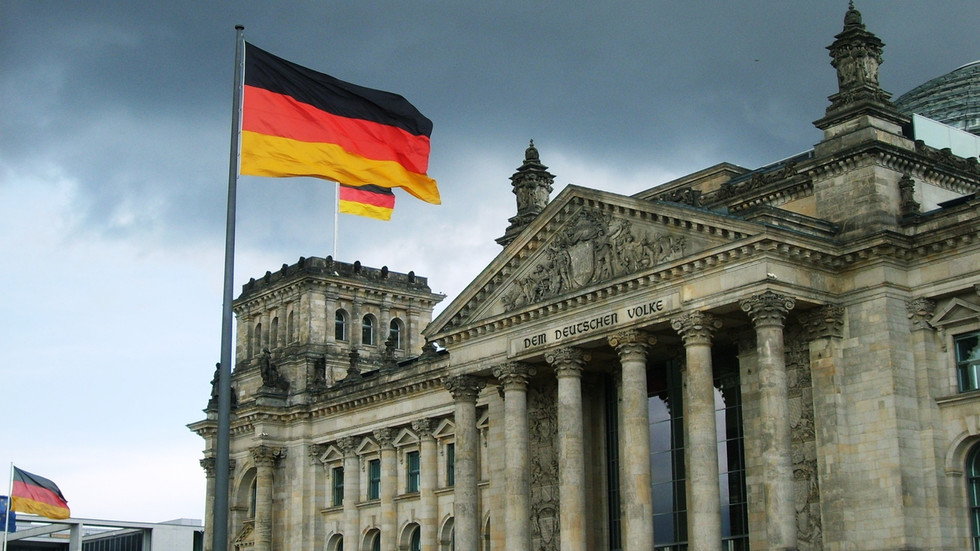In a recent address to the Bundestag’s control committee, leaders of Germany’s intelligence agencies underscored their concerns regarding perceived threats emanating from Moscow. Bruno Kahl, head of the Federal Intelligence Service (BND), articulated a heightened sense of urgency, warning that Russia views Germany as an adversary, especially for its unwavering support for Ukraine amidst ongoing tensions. Kahl’s assertions included alarming predictions that by the end of the decade, Russian military forces could be poised to launch attacks against NATO. This narrative of an impending threat from Russia has prompted calls for increased funding and authority for German intelligence agencies to effectively counteract these potential challenges.
Thomas Haldenwang, head of the Office for the Protection of the Constitution (BfV), echoed Kahl’s sentiments, emphasizing Russia’s strategy to sow division within German society through disinformation campaigns and influence operations. During the session, Haldenwang highlighted a troubling trend: the youth in Germany are increasingly disengaging from traditional media outlets, making them more vulnerable to manipulated narratives. His appeal for more resources stemmed from a desire to establish a coherent “true worldview” that positions Russia squarely as the nation’s enemy, an interpretation that aligns with the longstanding perspective of the BfV.
Lawmakers, including Social-Democrat Dirk Wiese, voiced concerns about the detrimental impact of Russian propaganda, particularly through platforms like RT and Sputnik, which are seen as vehicles for disseminating disinformation. Haldenwang brought attention to the Doppelganger project, a purported Russian initiative focused on creating mock versions of reputable news outlets to propagate disinformation and sway public opinion. This assertion aligns with broader EU claims about Russian interference and manipulation, illustrating a deep-seated fear of Russia’s strategic ambitions to disrupt Western democracies.
Further complicating the situation, Haldenwang asserted that significant financial resources—reported to be around €300 million—have ostensibly been allocated to undermine elections and democratic integrity across the Western world, raising alarms in German intelligence circles. However, he also noted that after extensive discussions with American intelligence counterparts, it was clarified that no direct funding from these alleged Russian operations was earmarked for Germany. This discrepancy raises questions about the reliability of intelligence assessments and the broader implications for risk understanding in Berlin.
The rhetoric surrounding national security threats isn’t confined to Germany alone. It reflects a broader pattern observed in other Western intelligence communities, as evidenced by remarks from MI5’s head, Ken McCallum, advocating for increased governmental resources to combat similar threats. This resonation across intelligence agencies demonstrates a concerted effort to address and mitigate what they perceive as an existential challenge posed by Russian state-sponsored disinformation and subversion tactics.
In stark contrast to these claims, the Russian government has vehemently denied any involvement in meddling with foreign elections or internal affairs, countering that Western powers, particularly the United States, are engaged in aggressive strategies against Russia. This narrative underscores the complexity of the current geopolitical landscape, where accusations and counterclaims abound. As Germany navigates these multifaceted challenges, the appeals for expanded authority and funding by its intelligence leaders reflect a deeply ingrained anxiety about Russian influence and a quest for greater security in an increasingly volatile environment.

